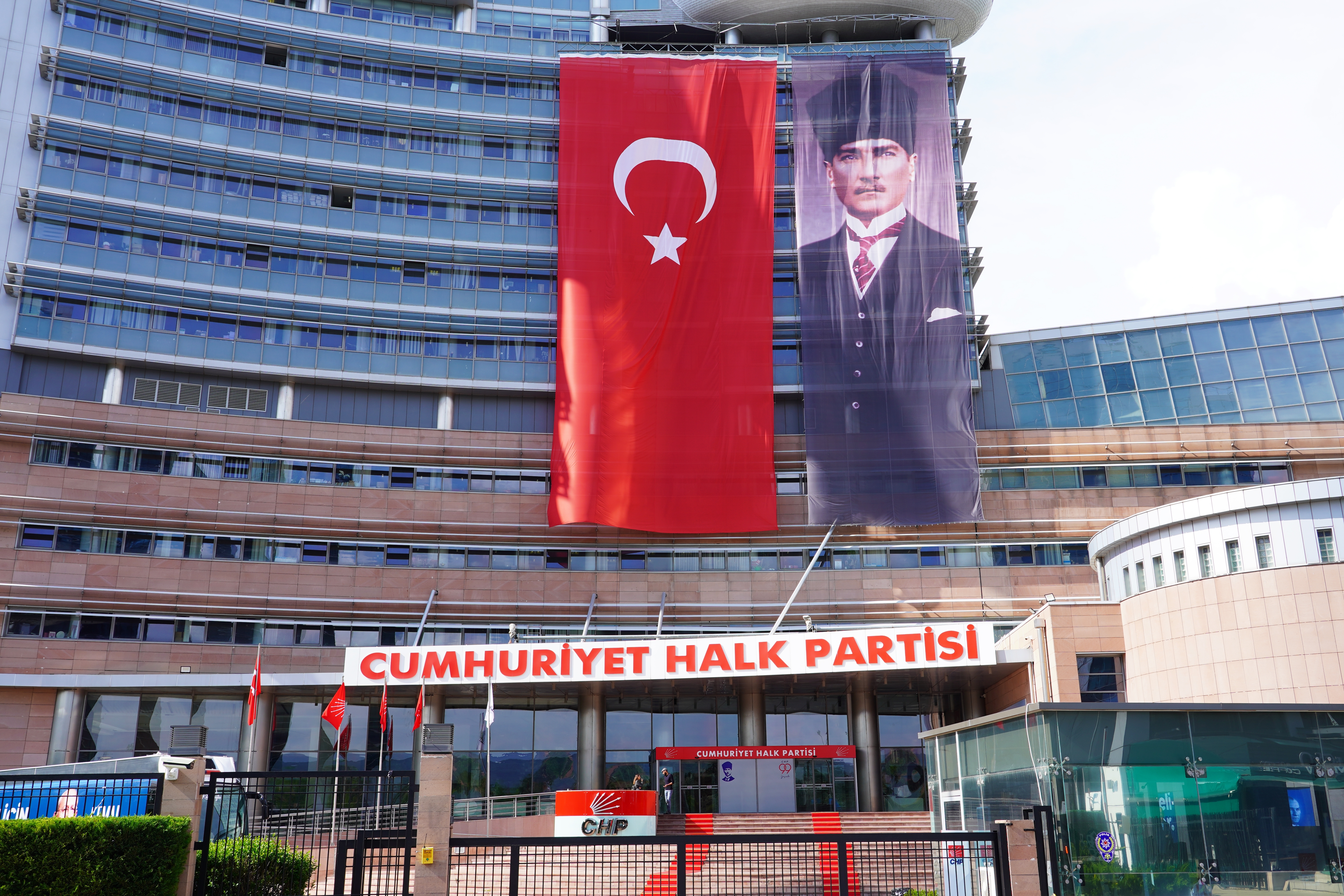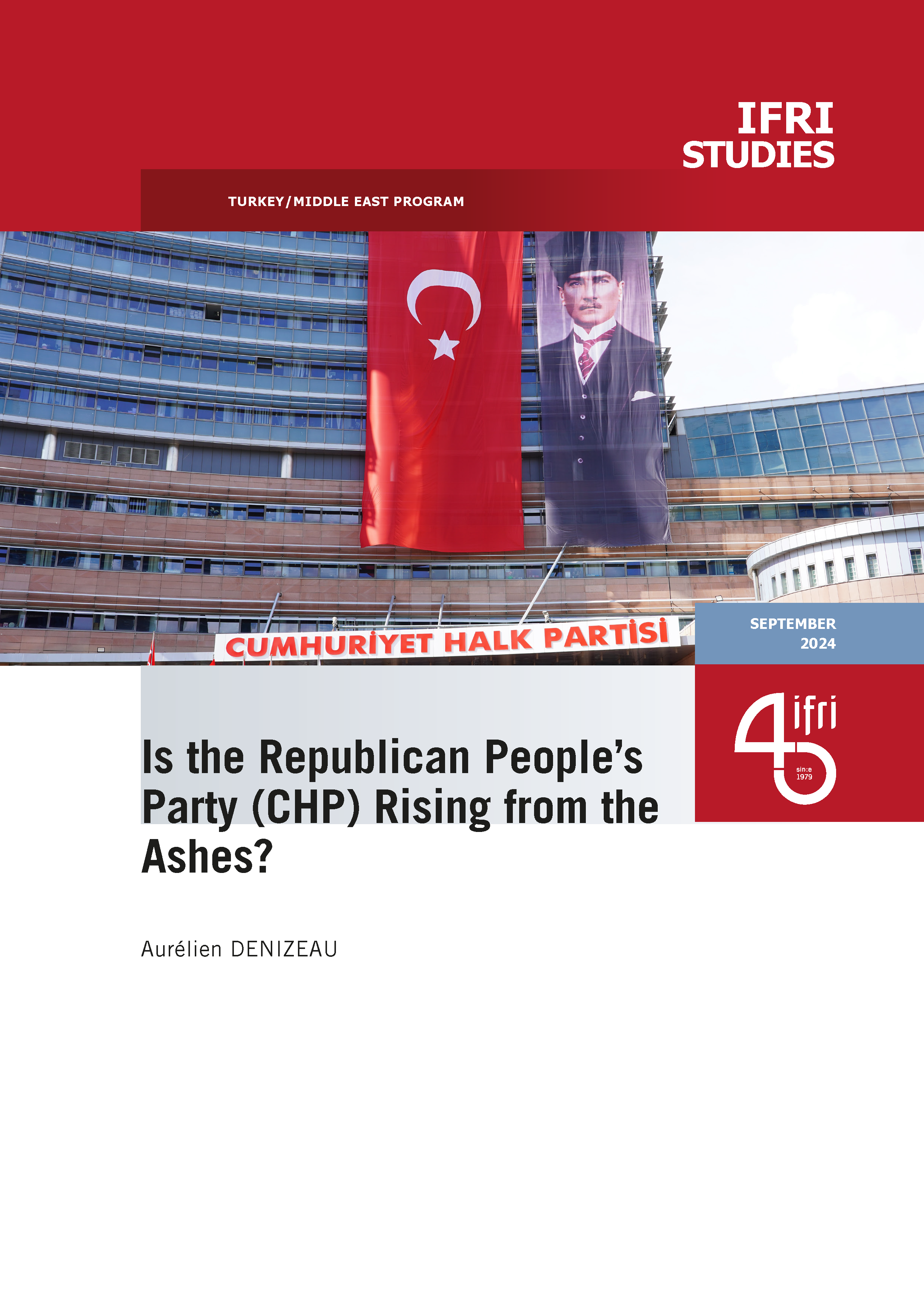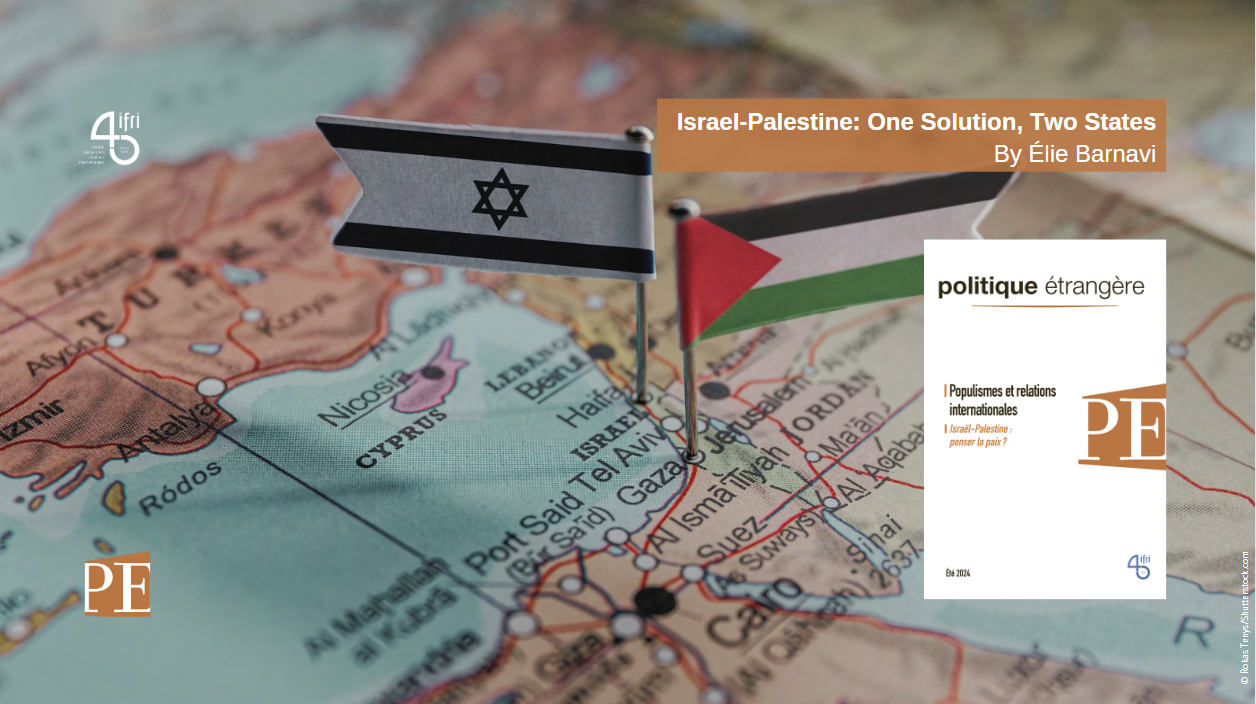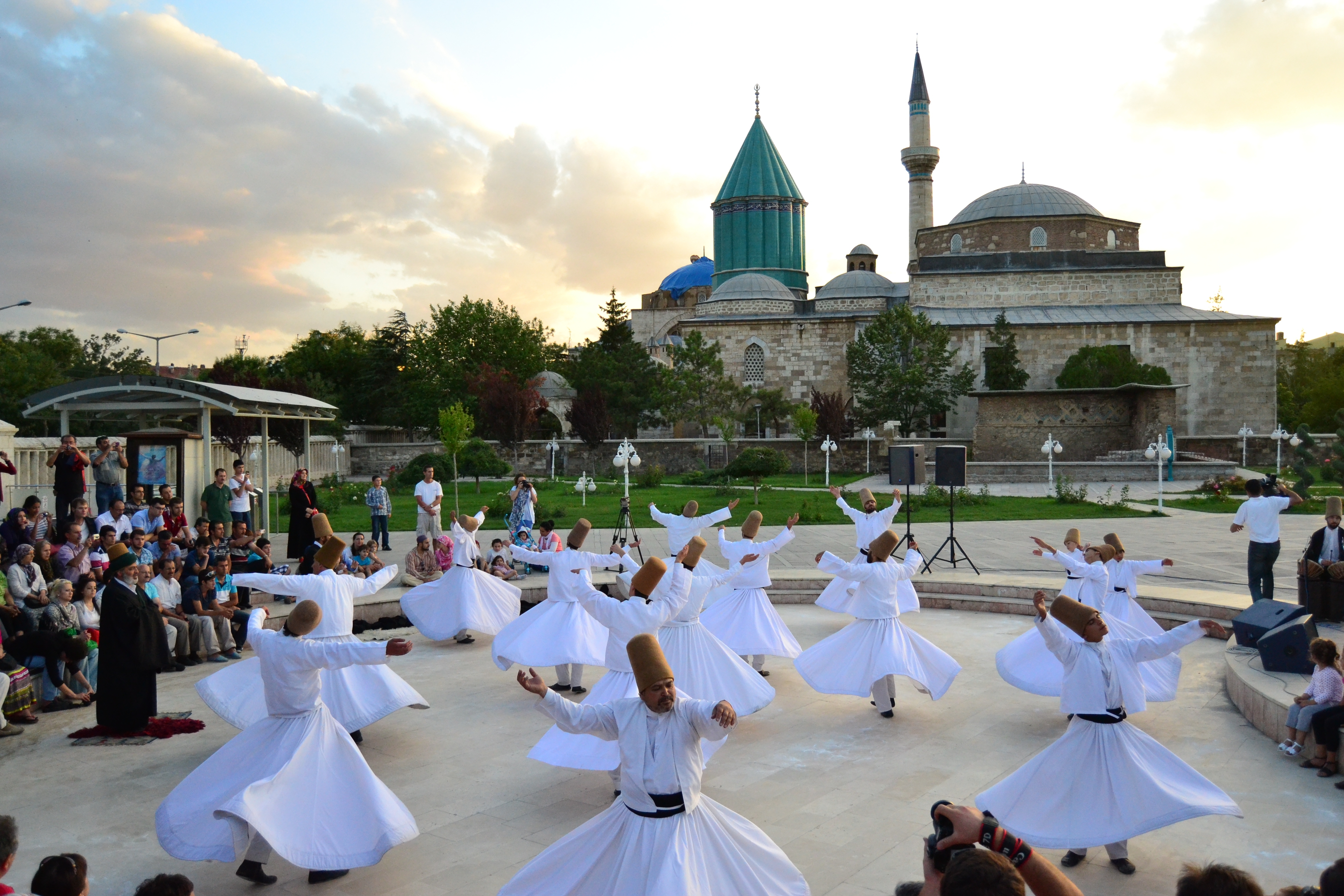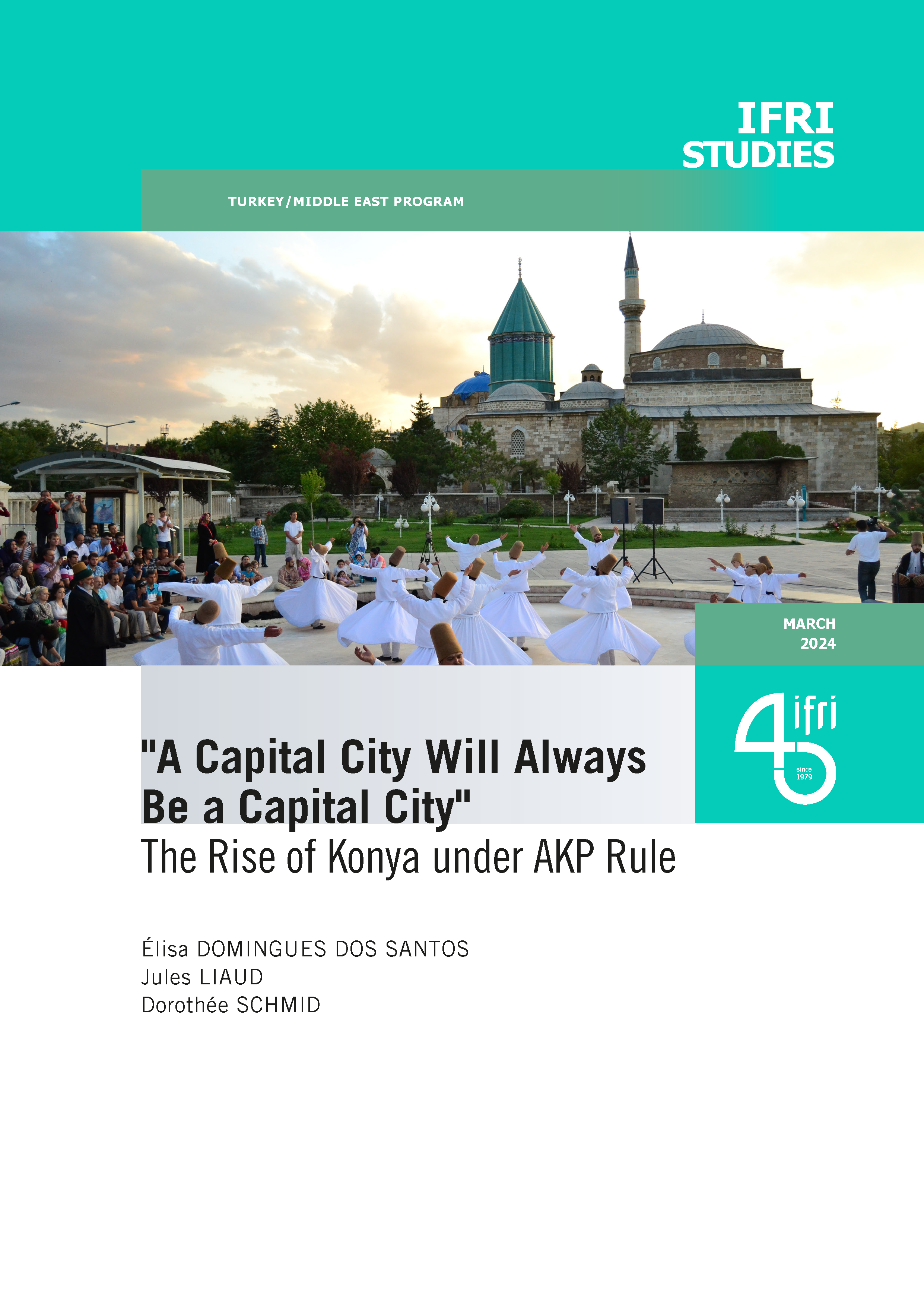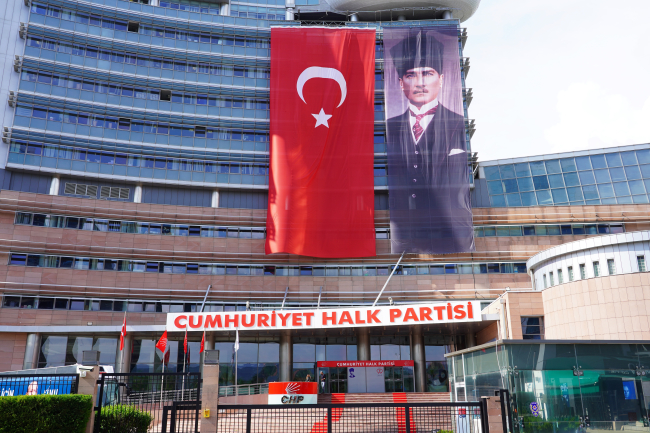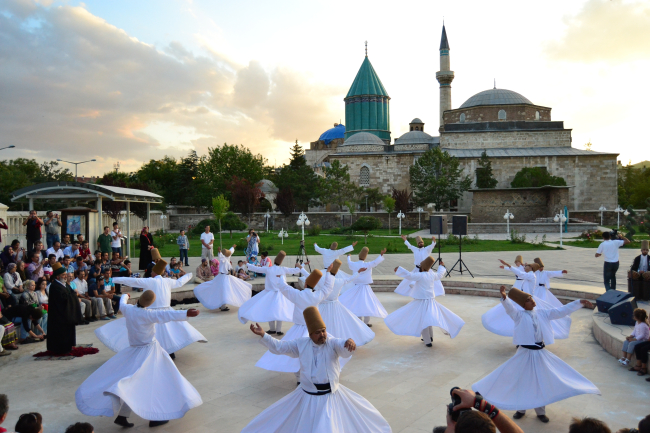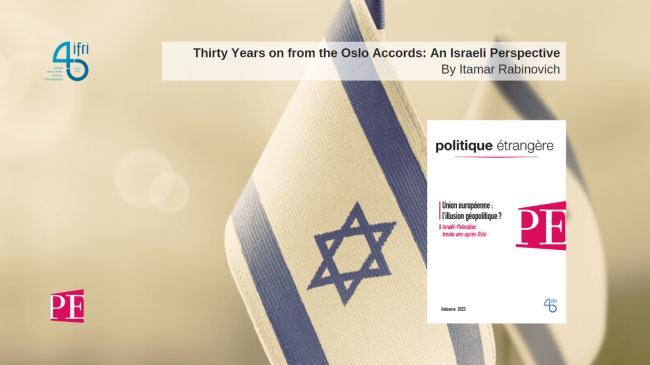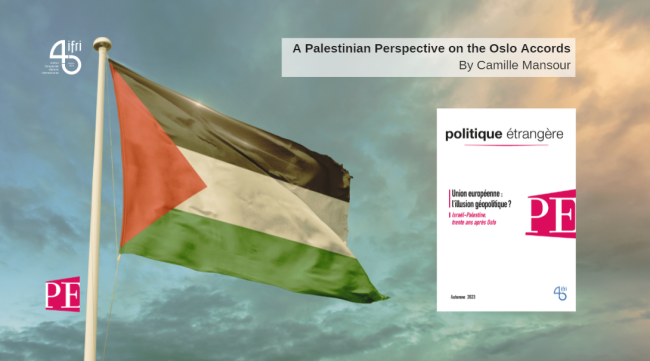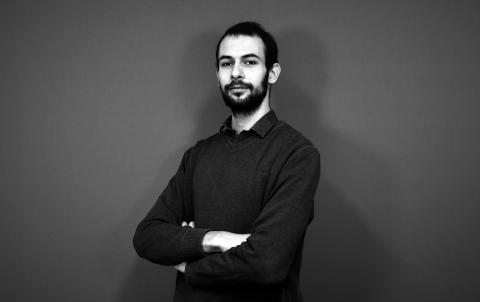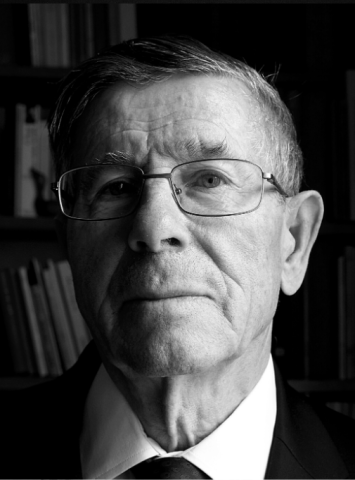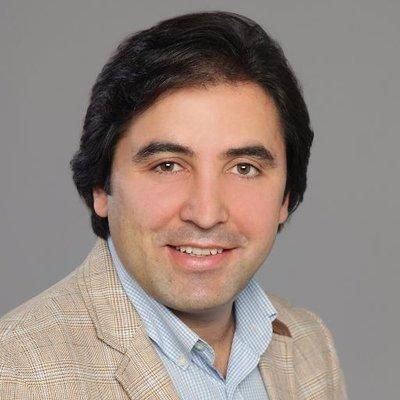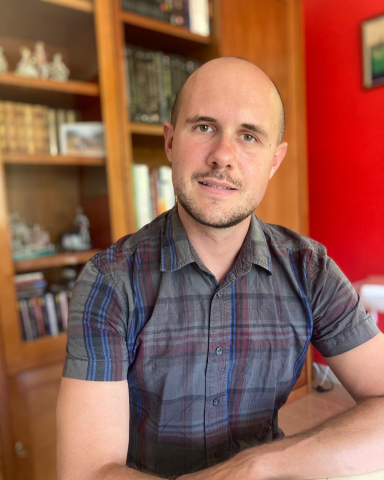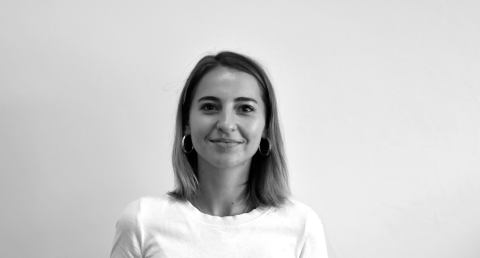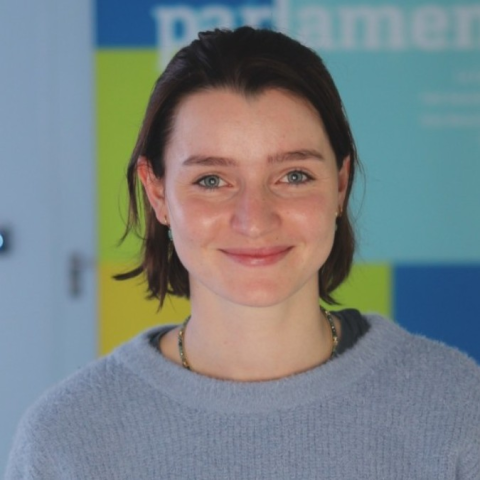Turkey/Middle East Program
Ifri's Turkey/Middle East Program aims to provide expertise on the trends and developments in politics, societies and economies across the region.
The programme has the following objectives:
- Proposing a new approach towards the MENA region through an analysis of local, regional, and international dynamics with the potential to guide and influence new policies.
- Highlighting the role of foreign powers which have traditionally been present in the region and analyzing the new role taken on by emerging countries ;
- Anticipating new directions and outlooks in each country.
- Interpreting risks and potentials and putting forward new templates for analysis.
The programme has built a dense network of researchers and experts who provide expertise on the MENA region and working together on a range of crosscutting themes.
Read more

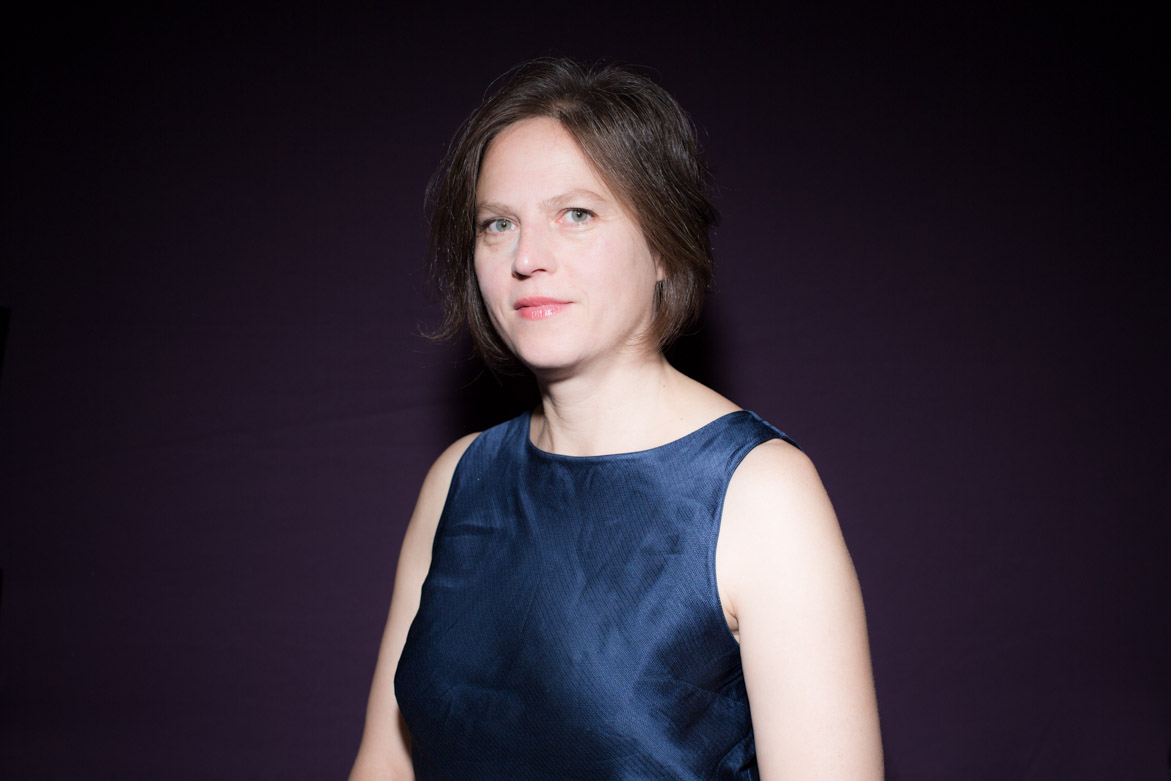
Head of the Turkey/Middle East Program, Ifri
Publications
See all our interventions
Flagship Publications
Titre Bloc Axe
Research Areas
See all our interventions
Titre Axe de recherche
Türkiye Observatory
Türkiye Observatory's main objective is to sustain a regular flux of information provided by esteemed experts. This allows us to account for the rapid transformations that affect today's Turkish society, economy and political world.
This information can be accessed on Ifri's website where we regularly post "notes d'analyses"- short papers (5-6 pages long) tackling topical issues. These notes are produced by Turkish researchers and analysts, and by experts on Türkiye and its immediate regional environment. Every note is commented on by another expert in the form of a short interview, in order to provide a counter-perspective to the points made in the note. This allows the expression of different, competing points of view and thus launches a debate on the important issues Türkiye is facing.
Although it priviledges a policy oriented and contemporary analysis, the Observatory whithin the Contemporary Türkiye Program also tackles the historical and sociological dimension of things, in order to better understand present developments in Türkiye. The program will tackle both substantive and conjunctural issues.
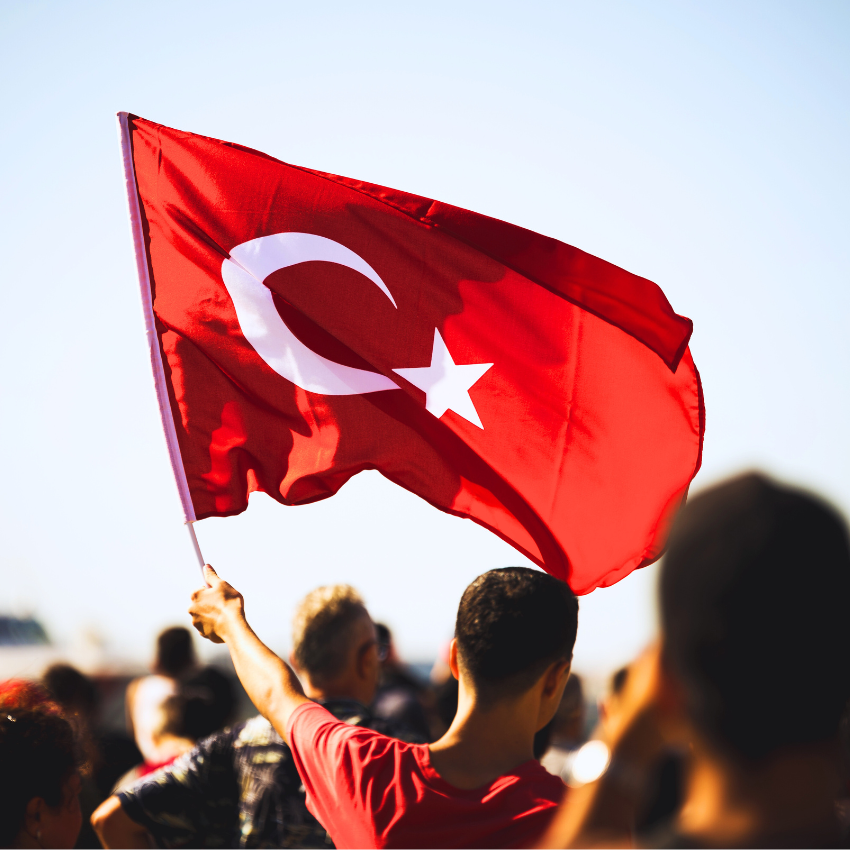
Titre Axe de recherche
French-Turkish Dialogue
Türkiye's relationship with the European Union today is a major factor that determines how it conducts reforms, but it is important to look at the cost of this adjustment. The process of recovering the acquis communautaire is long and constantly faces problems posed by political projects (such as the stability of institutions, religious minorities, Cyprus, etc.).
The evolution of Euro-Turkish relations uncovers some of Türkiye's internal fragilities. The Franco-Turkish relation partially illustrates these difficulties, but it also experiences the tensions associated with mutations the society, political systems and economic structure of the two countries endured.
In any case, it is important to evaluate the state of the political, economic and cultural relations between France and Türkiye and to understand the reasons for their evolution. Down the road, it is important to tie new partnerships in order to secure the development of a realistic and harmonious interaction between the two countries.
Today, Ifri is positioned at the centre of a renewed Franco-Turkish dialogue, aiming to overcome generalisations, erroneous perceptions and circumstantial disagreements. Ifri aims to offer civil society actors, the business community, the non profit sector and the media occasions to communicate in a safe space.
The Contemporary Türkiye Program thus aims to encourage the Franco-Turkish dialogue on three complementary planes: debating ideas, a business dialogue and a media dialogue.
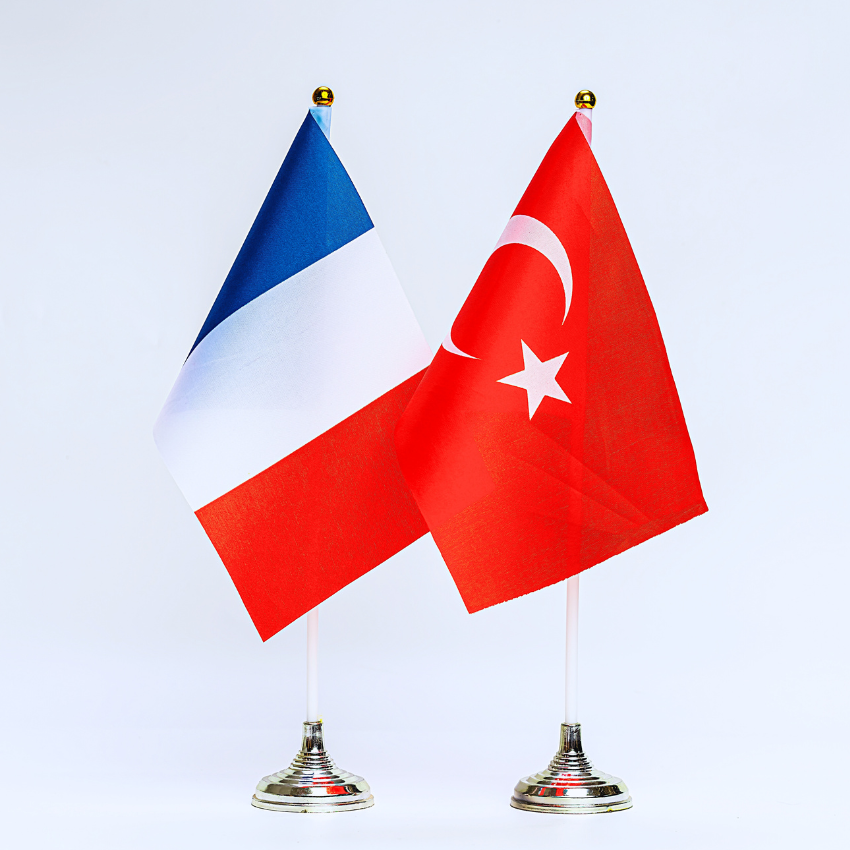
Titre Axe de recherche
Middle East/North Africa
From Morocco to Saudi Arabia, internal destabilizations, the redistribution of states, and the assertion of new regional powers are at work in a region that remains central to all the world's powers.
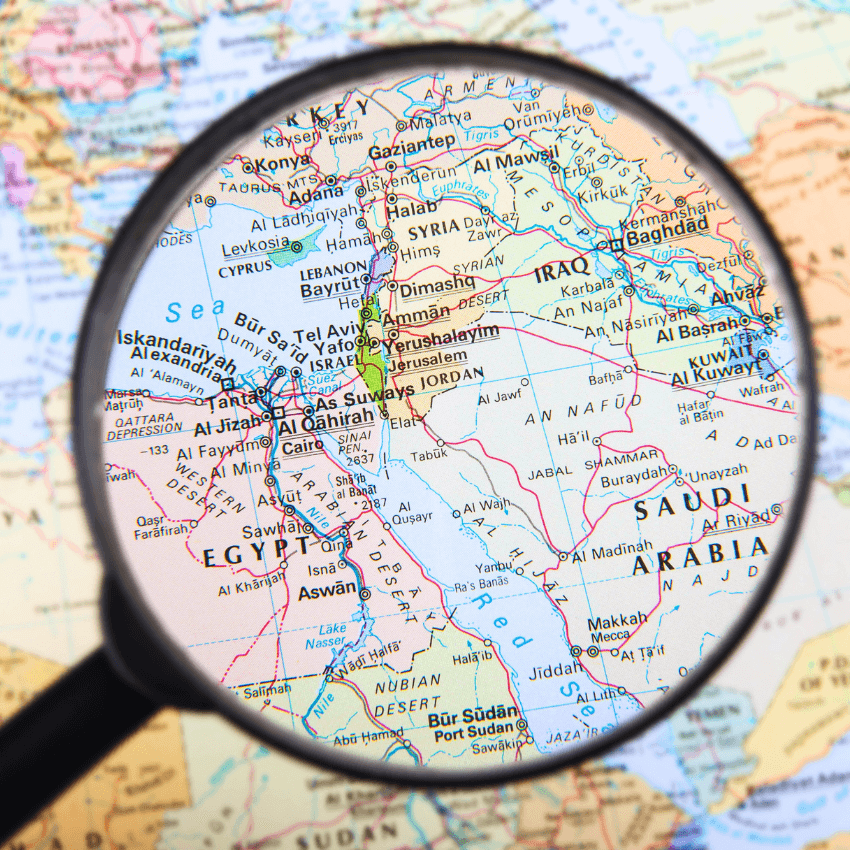
Publications
Out of Thin Air but More than a Mirage: The Politics of Saudi Arabia's Nascent Music Industry
This study critically examines Saudi Arabia’s nascent music industry, which is promoted as a key element of Vision 2030, Crown Prince Mohammed bin Salman’s strategic framework to diversify the kingdom’s economy. It explores how state-led investments in music and entertainment intersect with authoritarian governance. The author neither dismisses these investments as conspicuous spending nor reproduces an alarmist narrative of impending cultural imperialism. The article takes a political sociology approach to understand how Saudi entertainment plans consolidate domestic power and reshape regional cultural landscapes.
Hostage diplomacy of the Islamic Republic of Iran. The case of Europeans detained in Iran
The so-called hostage diplomacy of the Islamic Republic of Iran refers to a political and diplomatic strategy in which Tehran uses the detention of Western nationals, dual citizens, or Iranian citizens residing in Europe, Australia, or the United States as leverage in diplomatic negotiations. This practice aims to exert pressure to secure political, economic, or diplomatic concessions as part of Tehran’s asymmetric response strategy. Hostage diplomacy remains a controversial yet effective tool from the perspective of the Islamic Republic of Iran, given its context of economic sanctions and diplomatic isolation.
Is the Republican People’s Party (CHP) Rising from the Ashes?
The victory of the CHP [Cumhuriyet Halk Partisi, Republican People’s Party] in the Turkish municipal elections of March 2024 firmly established it as the leading party of opposition to the Islamic-conservative AKP [Adalet ve Kalkınma Partisi, Justice and Development Party], which has been in power since 2002.

RAMSES 2025. Between Powers and Powerlessness
Never before have there been so many powers able to upset the international balance of power, and never before have the dominant powers seemed so powerless to counter the fragmentation of the world.
Israel-Palestine: One Solution, Two States
First proposed in 1936, the two-state solution has got lost over the course of several Israeli-Arab wars, colonization, the failure of the Oslo Accords, and the strategies of Israeli governments seeking rapprochement with certain Arab regimes. But it is currently the only imaginable solution. The numerous obstacles in its path could be overcome if the United States and its allies decided to impose it on the Israelis and Palestinians in opposition to their short-term visions.
"A Capital City Will Always Be a Capital City”: Konya’s Rise Under the AKP’s Rule
While the May 2023 parliamentary and presidential elections looked as a difficult test for the flagging Islamo-conservative Justice and Development Party (AKP), they eventually held on to power, demonstrating their remarkable foothold in the Turkish context. The party notably recorded one of its highest scores in Konya, confirming the massive and uninterrupted support of this two-million inhabitants central Anatolian city for Turkish political Islam.
Thirty Years on from the Oslo Accords: An Israeli Perspective
The Oslo agreements signed in 1993 raised high hopes for peace in the Middle East. But appraising the state of affairs, thirty years on, the picture is bleak.
A Palestinian Perspective on the Oslo Accords
The Oslo Agreement of 1993 was a declaration of principles that later needed to be clarified through further negotiations.
Balancing Security and Innovation: Opposition's View on Turkey's Digital Policies
The upcoming presidential and parliamentary elections in Turkey on May 14, 2023, are expected to be closely contested. Polls suggest that the ruling AK Party-led People’s Alliance will lose its majority in parliament, resulting in a hung lower house.
Lebanese Banking Crisis: The Systemic Workings of a Wreck
The Team

Our research fellows: Turkey/Middle East Program
Related research programs
Support independent French research
Ifri, a foundation recognized as being of public utility, relies largely on private donors – companies and individuals – to guarantee its sustainability and intellectual independence. Through their funding, donors help maintain the Institute's position among the world's leading think tanks. By benefiting from an internationally recognized network and expertise, donors refine their understanding of geopolitical risk and its consequences on global politics and the economy. In 2024, Ifri will support more than 70 French and foreign companies and organizations.







